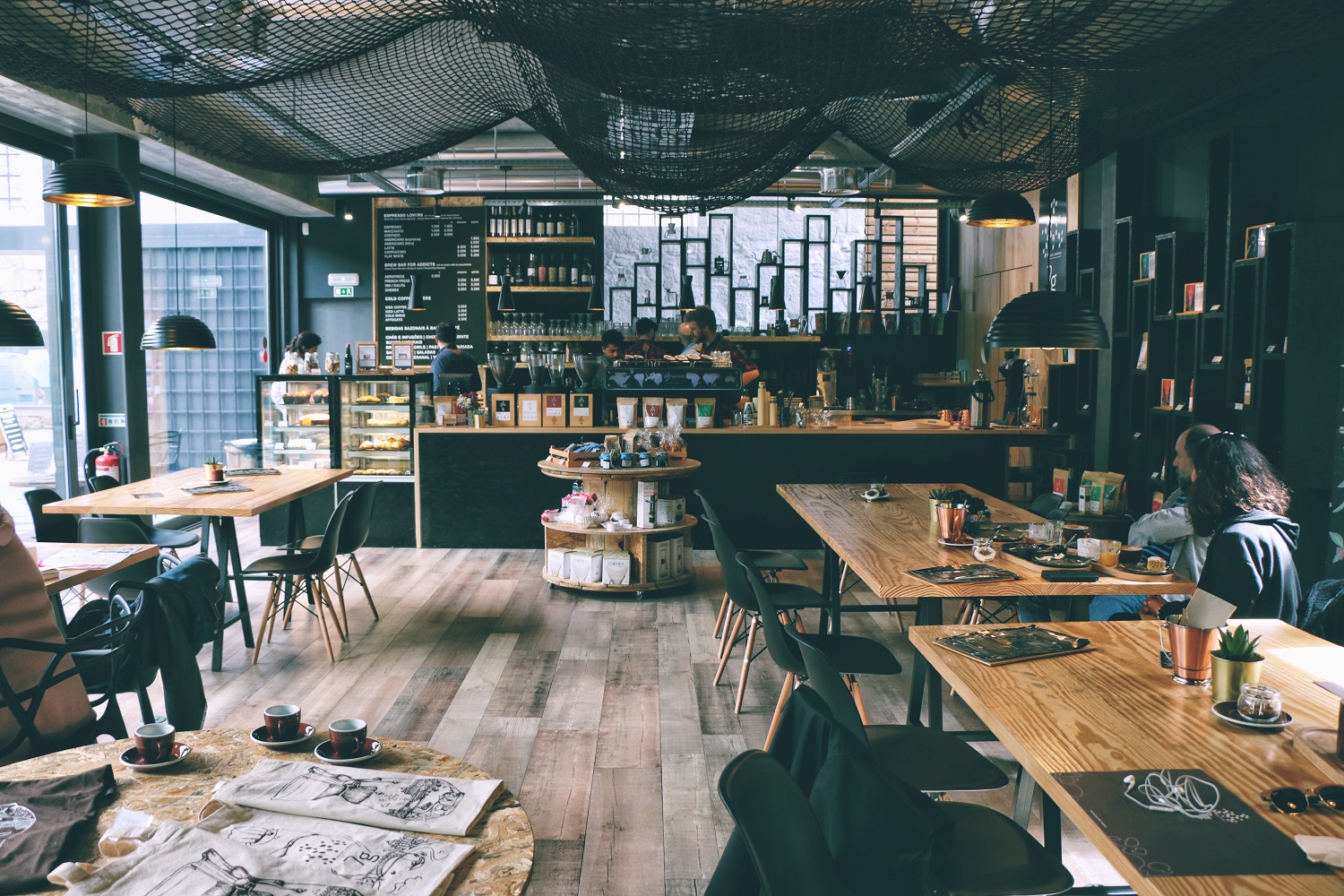
On July 7th, the Montreal AI Ethics Institute had the privilege of hosting a TechAIDE Café session. The aim of the café is to raise funds for Centraide Montréal, a philanthropic organization that raises money to help fight poverty, homelessness, and social exclusion. Funds are raised when participants pledge, either on Twitter or by email to Centraide, that they will “buy a coffee,” and the size of the coffee bought is proportional to the amount donated. Centraide then reaches out to the individuals who made the pledge and invites them to donate the amount they pledged.
As baristas, members of our team were there to answer questions from the public and discuss issues surrounding the ethics of AI. Our first topic of discussion was the recent announcements made by tech companies that they would stop researching and developing facial recognition (in the case of IBM), or that they would enforce a moratorium on the use of their facial recognition software (in the case of Amazon). We had a nuanced discussion, highlighting some interests and motivations behind these decisions: genuine concern for the harms caused by facial recognition, virtue-signalling, and even seizing the opportunity to abandon unprofitable efforts in facial recognition research and development while enhancing the company’s reputation.
We then moved on to the very timely topic of contact-tracing applications for Covid-19, addressing concerns surrounding data privacy and the accuracy of tracking technology. We discussed what a government-sanctioned contact-tracing app could mean for future government actions: we must remain vigilant to ensure that future actions taken by our governments are sound and justified, especially if they ask individuals to provide data as it is the case for contact-tracing applications. If you’re interested in an in-depth analysis of contact-tracing apps, take a look at the Montreal AI Ethics Institute’s response to the COVI contact-tracing application.
Regarding this matter, one participant brought up Canada’s obligations according to international legal agreements, and mentioned that Canada’s solution must address the problem at hand, and be proportional to the problem, too. This seems important, but is rarely mentioned in the context of Covid-19 and contact-tracing applications.
Participants also expressed concerns regarding governments’ ability to keep our data safe from malicious individuals or groups, as governments do not tend to have the top cybersecurity infrastructures. This, combined with copious amounts of data, makes governments a prime target for data theft.
Our discussion later pivoted towards the lack of informed consent around consumer goods like mobile phones or smart speakers and the data these technologies collect. While the makers of these products and others do disclose the types of data they collect, for instance, they do so in long, difficult to read Terms of Service Agreements. This creates a lack of informed consent, as the expectation that each person is able to read and understand such documents, and has the time to read each of them, is unrealistic.
We concluded our time with the participants of this edition of TechAIDE café by circling back to the topic of facial recognition technology. One participant wondered about the privacy and security aspect of using this technology in the context of improving students’ experience in the classroom. The MAIEI team highlighted concerns about how facial recognition technology would provide only minimal benefits in this context when measured against the risks, especially considering the notoriously weak cybersecurity systems of schools and the fact that students are most often minors. As a group, we ultimately came to the conclusion that there are more effective ways of improving students’ experience in the classroom than turning to facial recognition technology, stressing the importance of avoiding the trap of believing technology can fix every problem best.
The Montreal AI Ethics Institute would like to thank TechAIDE café, Nabil Beitinjaneh, and the participants who joined us for this session. You can find out more about TechAIDE café here.
